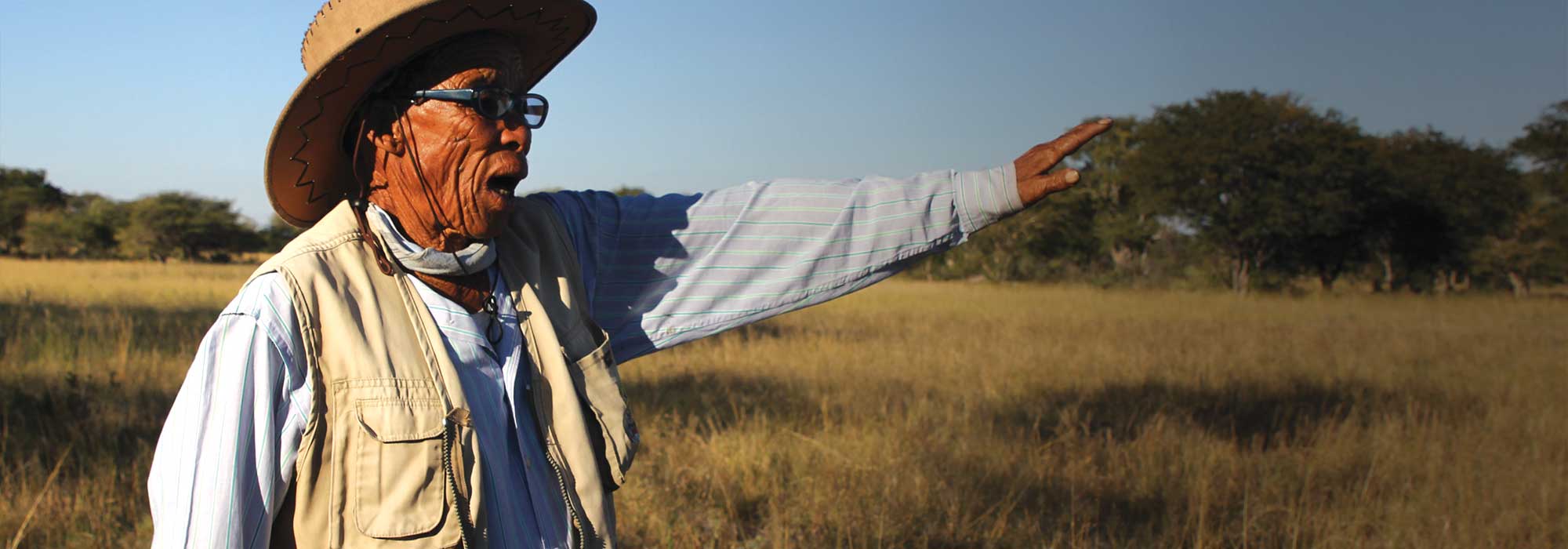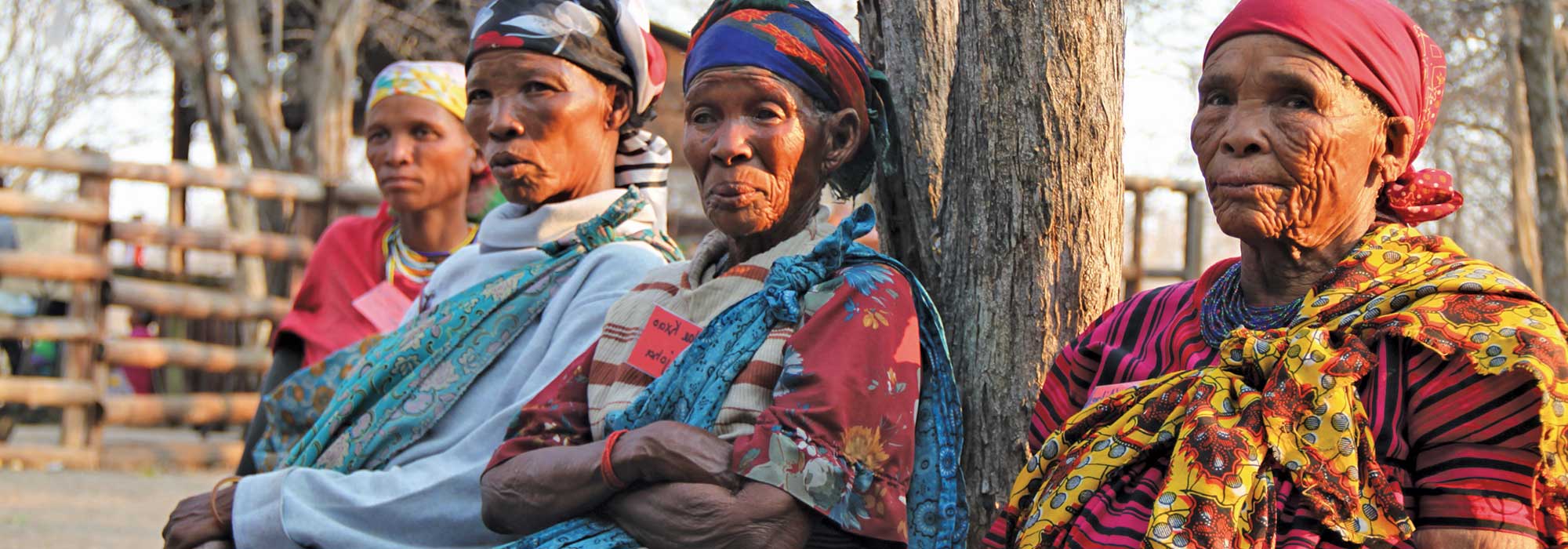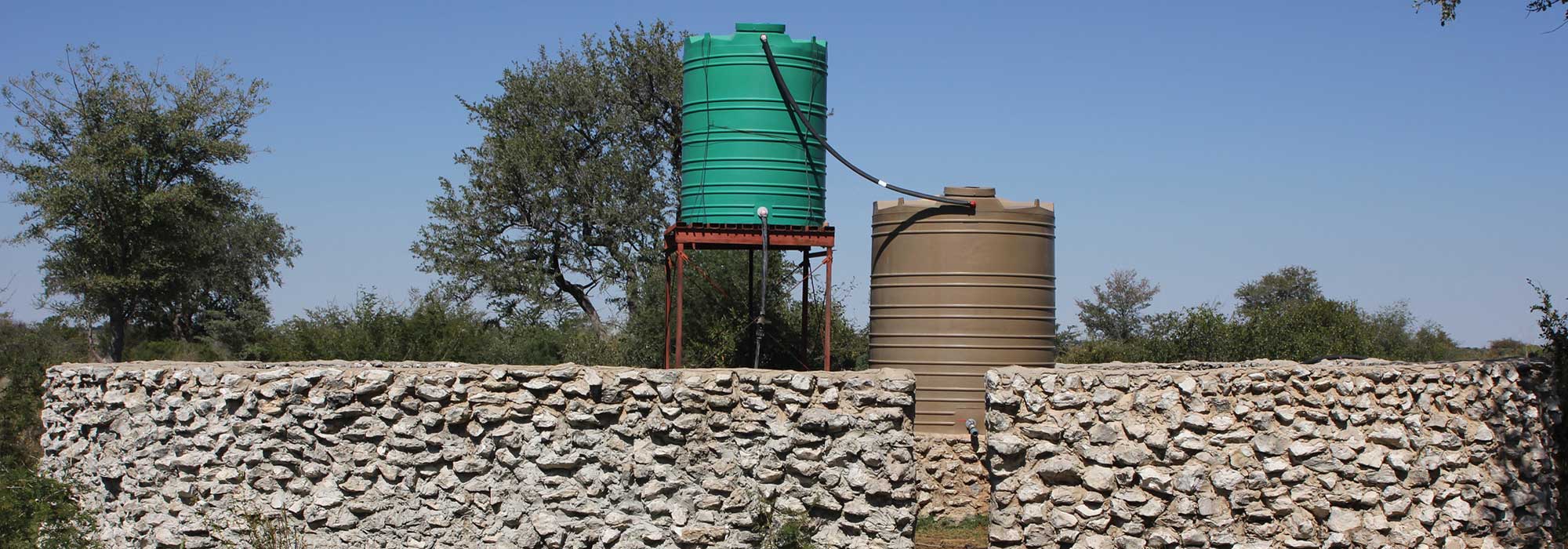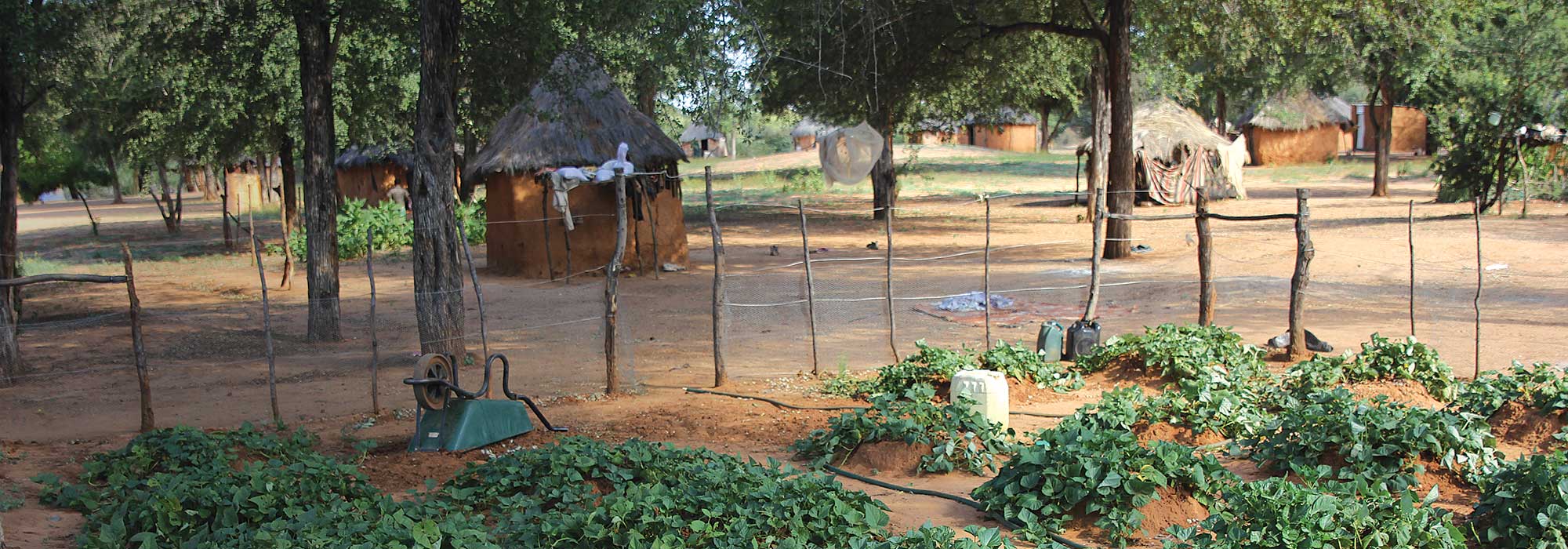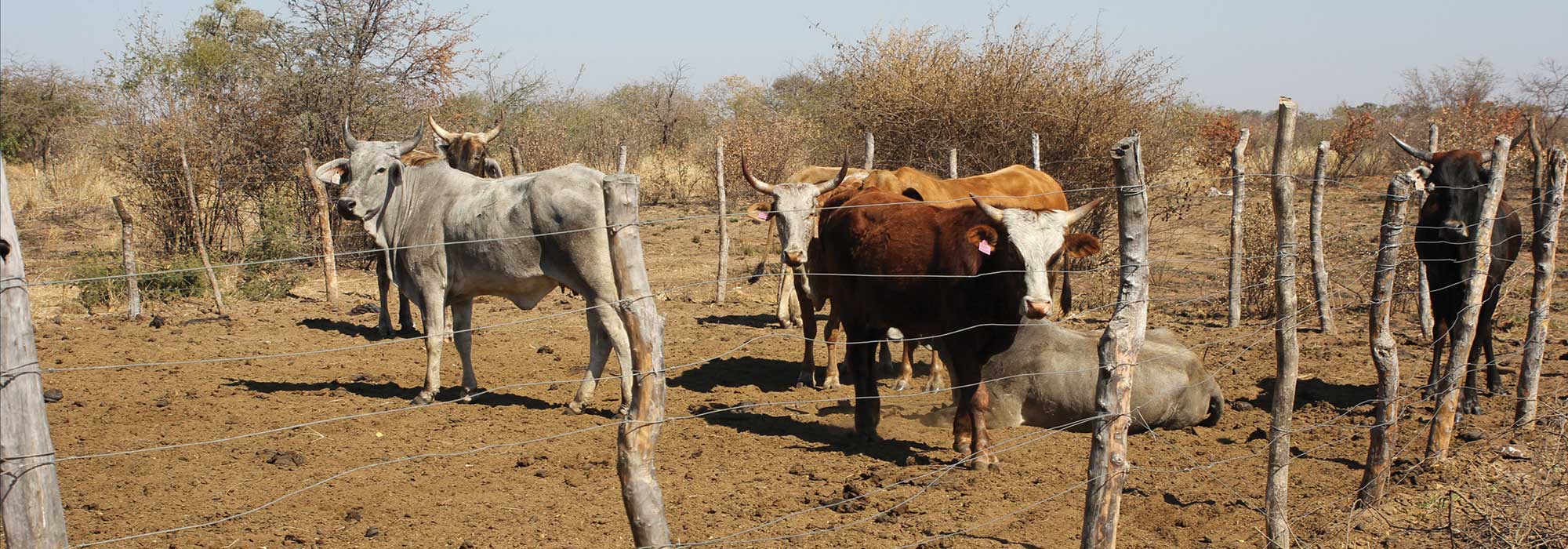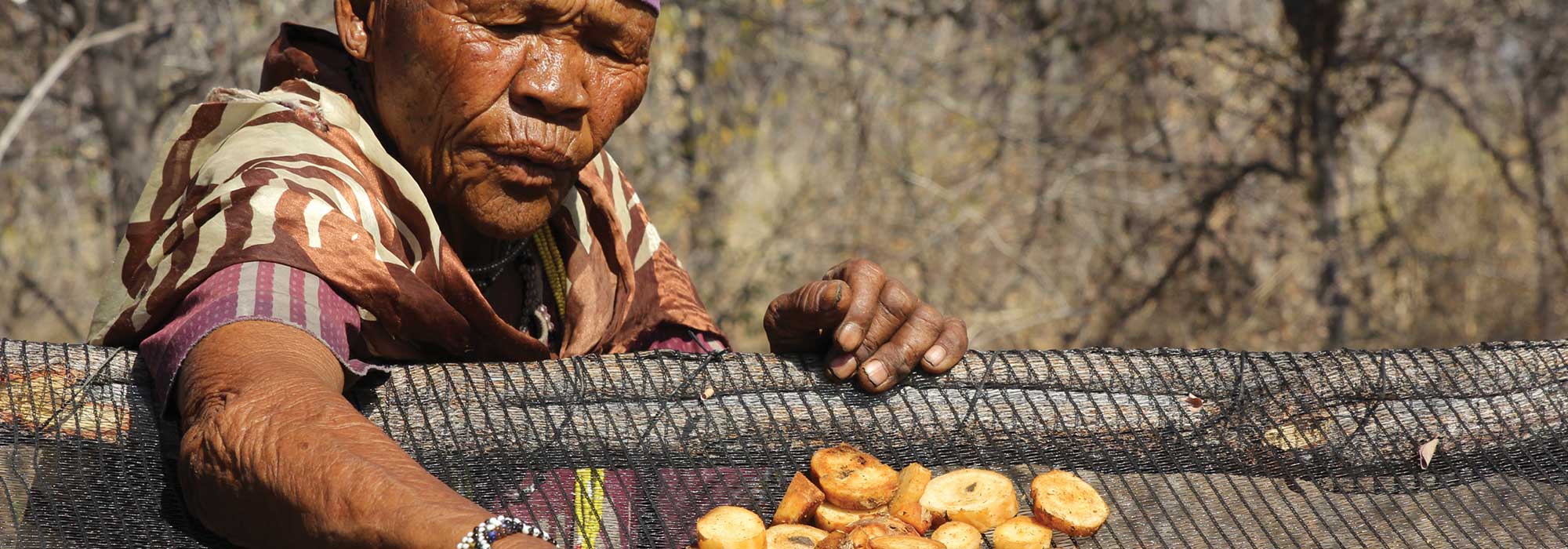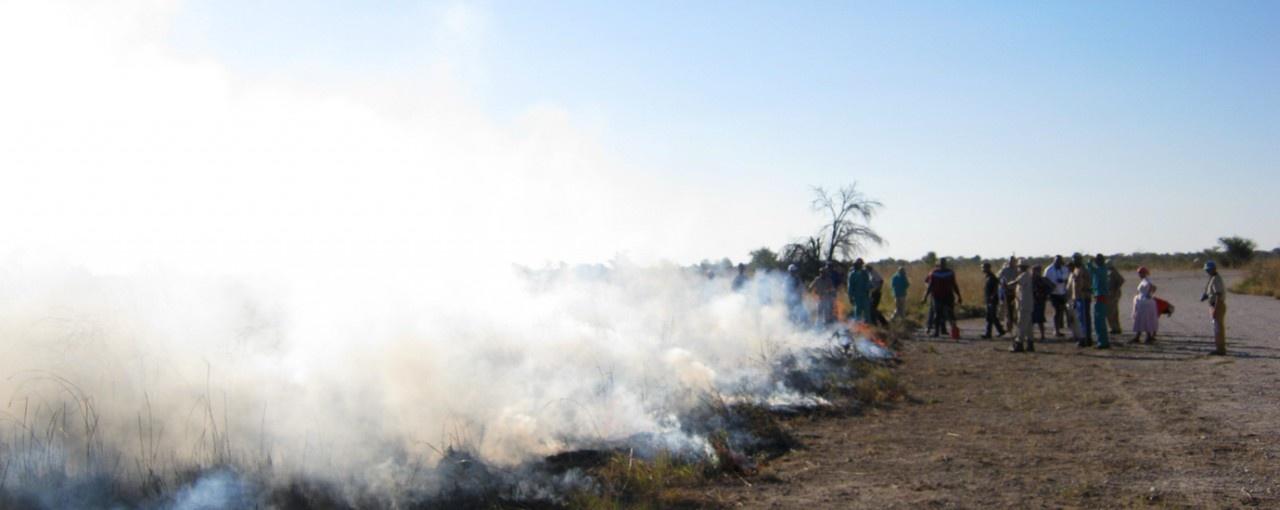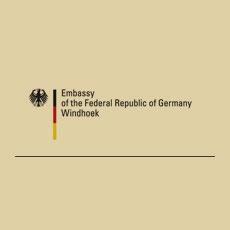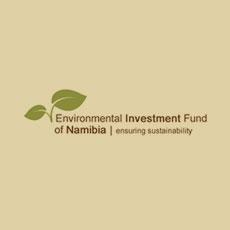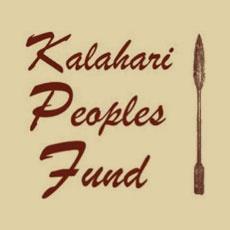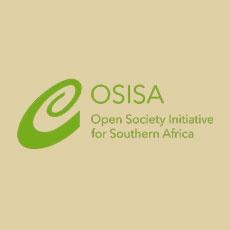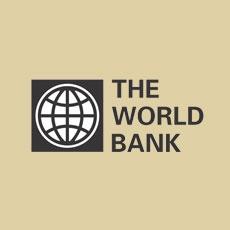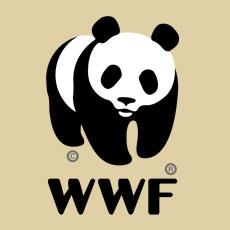Chief Tsamkxao ≠Oma
Nyae Nyae San Community actively changing the course of Fire in their area
The Nyae Nyae Conservancy and Community Forest II Project have taken an pro-active approach to dealing with fires in their communal areas with tangible visible positive results.
In 2012, 50% of the whole Nyae Nyae area burnt, resulting in the loss of life as well as damage to rangeland, wildlife and the environment through CO² emissions. The late hot fires of September and October are particularly damaging and uncontrollable, causing widespread devastation. The new approach taken in Nyae Nyae fits with the San cultural tradition of selective burning in the cooler months of May-July. This allows the fires to be better controlled and the fuel load reduced to prevent the later and more damaging hot fires.
The Nyae Nyae Community and the Ministry of Agriculture, Water and Forestry (MAWF), with support from the European Union Climate Change Adaptation Project and the Community Forest II project are giving the people of the Communal areas the opportunity to take control of these potentially dangerous situations. Namibia is a very dry country, the lack of rain over the last few years has exacerbated the dryness of the rangelands, increasing the likelihood of fires.
The approach taken has been to actively burn a patchwork of areas where there is a high fuel load that threatens a village or vital resource and raise awareness of the damage of late fires. A steady decline has been noted in the amount of land burnt during the dry season, in 2014 22% of the area (8,992km²) burnt, in 2015 12 % of the area and in 2016 this came down to 11%. This shows a reduction of 50% over the last 2 years, and a an incredible reduction 70% reduction since 2012. The timing of the fires has also moved to earlier in the year when fires are not so hot and damaging, with the majority of fire taking place before the Sept/Oct peak for hot late fires. This 70% reduction demonstrates that by working in unison, the partners and the local community at Nyae Nyae and their interventions have actively reduced the fuel load.
During 2017 the focus will be on burning large ‘patchwork’ areas in mid-season with the input and support of the local community and stakeholders to ensure a safe and impactful approach. The primary goal for 2017 and these activities is to safeguard villages and their associated livelihoods, including the precious Devil’s Claw as well as their grazing and farming land.
This ongoing effort by the community and different stakeholder groups is essential to the development of the community in this area and their long term climate change adaptation and diversification of livelihoods.
When you subscribe to the blog, we will send you an e-mail when there are new updates on the site so you wouldn't miss them.
